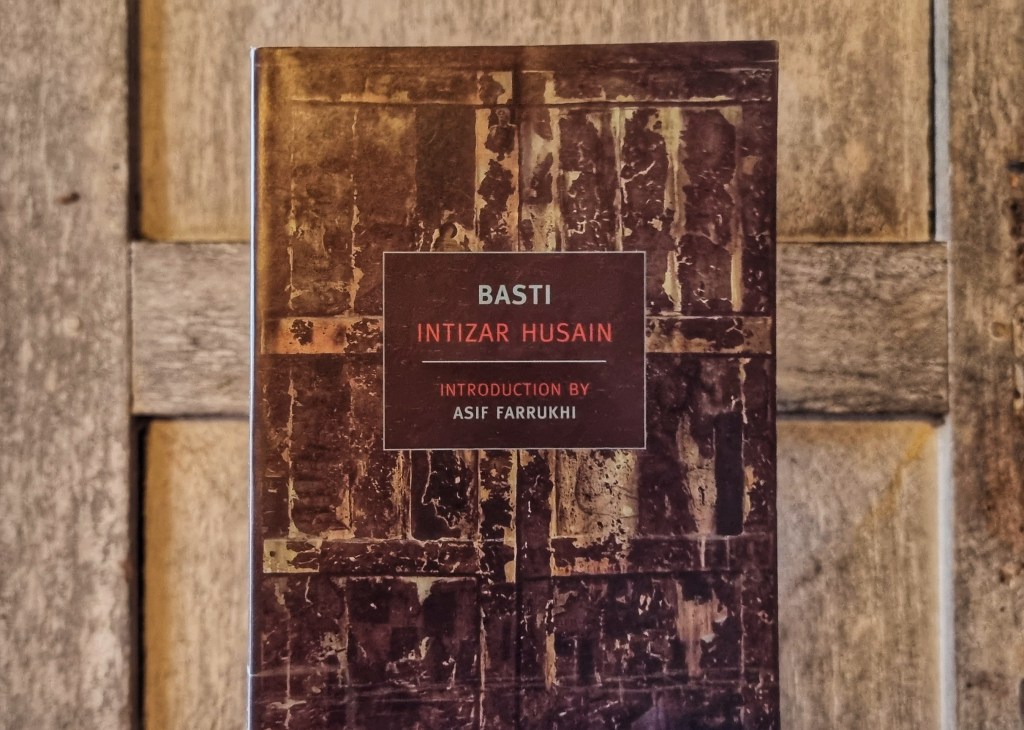
Basti is a lovely Urdu word that hints at space and community, a human settlement of any dimension, from a few houses to a city.
The word alone is enough to pique my interest. But because some books lead you to other books, that is exactly what Geetanjali Shree’s Tomb of Sand did for me. I stopped counting at six — the number of times Intizar Husain’s name was raised in the novel.
Now I see why. Basti can be looked upon as a literary father of Tomb of Sand in the family of borderland literature. Both also defy the borders of literature.
Basti maps the life of Zakir who experienced the divisions that created Pakistan that created Bangladesh that separated him from the love of his life.
I have to admit that it took nearly half of the book before I was able to get into its rhythm and flow, but I allowed its poetic beauty to lead this reader from outside the Indian subcontinent to be drawn into its history and heritage; and sadly, into the tragic quotient of its divisions.
Beautiful review, Mira! This is one of the classics of Pakistani literature. Glad you liked it. Inspired by your review, I went and took out my copy of the book from the book shelf. Hoping to read it soon. Thanks for sharing your thoughts 😊
LikeLiked by 1 person
I look forward to reading your review and learning from it. I suspect that I missed a lot of references due to my unfamiliarity with Eastern classical literature.
But thank you for stopping by to compliment this entry. That means a lot coming from someone from the region, Vishy. 😊
LikeLike
Love the cover of the edition you have 😊 Also love the way you discovered the book 😊
LikeLiked by 1 person
I like your edition, too! And yes, it’s lovely when books lead us to other books. 😊
LikeLike